As of 2023, there were over 310 million smartphone users in the United States, which is why cell phone safety is a very timely subject. Do phones give off radiation? Understanding cell phone radiation is important; after all, all phones emit energy called electromagnetic field (EMF) radiation. Recently, France temporarily banned sales of the iPhone 12 because, according to French authorities, the iPhone's radiation level is above its limit.
Cell phone radiation's effects on the human body are debated. Some scientists believe that exposure to certain types of radiation can cause problems like dizziness and tissue damage. Some say that there is no clear evidence. However, this young technology needs more research to ensure it is 100% safe.
Do Cell Phones Emit Radiation?
Yes, cell phones emit radiation, but it's different from X-rays and gamma rays. Cell phones use radio waves to connect to towers, a form of non-ionizing radiation. This means they don't have enough energy to damage cells directly; however, experts worry about long-term exposure.
Scientists are still studying the cell phone radiation effects on the human body. While there isn't a clear answer yet, some studies suggest a possible link between long cellphone use and health problems.
5G Network Phones and Cell Phone Radiation Exposure
5G is the latest upgrade to our phone networks. It promises faster speeds and better connections. It's like giving your phone a turbo boost for downloading, streaming, and gaming. However, setting up 5G everywhere requires a lot of new equipment, which can be expensive and time-consuming. Plus, there are worries about its 5G radiation safety, with advocates saying it is unsafe.
That's why there are guidelines for cell phone frequency and limits to how much cell phone radiation is acceptable. Experts also recommend precautions like using hands-free devices and keeping your phone away from your body when you're not using it. However, research is still ongoing to determine cell phone radiation effects on the human body.
What are the Symptoms of Cell Phone Radiation?
Here are some reported symptoms that some people attribute to cell phone radiation exposure:
- Headaches: Some people claim to experience headaches after prolonged cellphone use.
- Fatigue: Occasionally, a feeling of tiredness after using a cell phone for an extended period is reported.
- Dizziness: Some users feel dizzy or vertigo, particularly during or after long phone calls.
- Sleep disturbances: Difficulty falling asleep or disrupted sleep patterns have been linked anecdotally to cellphone use.
- Skin irritation: In rare cases, individuals may experience skin irritation or a warm sensation on the face or ears after prolonged cellphone use.
- Nausea: Some users feel nauseous during or after prolonged cellphone use.
- Concentration difficulties: Some individuals have attributed difficulty concentrating or "brain fog" to cellphone use.
Do Phones Cause Cancer?
Many ongoing studies have been conducted, but the results haven't been clear. Major health authorities such as the FDA, CDC, and American Cancer Society acknowledge the absence of conclusive evidence linking cell phone usage to cancer.
Despite this, many scientists express concerns. In 2011, the World Health Organization's International Agency for Research on Cancer (IARC) classified extremely low-frequency non-ionizing radiation, encompassing RF radiation from cell phones, as "possibly carcinogenic to humans". This classification recognizes a potential link but necessitates further evidence. In 2018, more than 250 scientists advocated for stricter safety standards for cell phones, particularly concerning children's health, and called for intensified research efforts.
Cell Phone Radiation and The Scientific Community
One notable study, referenced by Dr. Devra Davis, conducted in Israel in 2015, indicated a plausible association between heavy cell phone usage and a specific type of brain tumor known as glioma. Gliomas are malignant tumors originating in the brain or spine. The study observed a correlation between frequent cell phone use and an elevated risk of developing glioma, particularly on the side of the head where the phone was predominantly used.
Additionally, Dr. Joel Moskowitz, an epidemiologist, has highlighted various studies suggesting a potentially heightened risk of certain cancers associated with prolonged cell phone usage, especially when the device is held close to the ear during calls. Although some studies have reported an increased risk, the overall evidence remains inconclusive, necessitating further investigation to comprehend the potential long-term health ramifications.
Dr. Jerry Phillips, a neuroscience researcher, has voiced apprehensions regarding the possible disruption of the blood-brain barrier (BBB) due to cell phone radiation. The BBB acts as a protective barrier, separating the bloodstream from brain tissue and regulating the passage of substances between them. Disruption of the BBB could potentially facilitate the entry of harmful substances into the brain, leading to various neurological disorders or health issues.
Cell phones are relatively new inventions, so any health problems they might cause could take a long time to manifest. That's why scientists need to conduct studies that follow people for many years to determine whether there's a connection between how much someone uses their phone and their health.
How can I protect myself from cell phone radiation?
There's a lot of information about cell phone radiation, which can be confusing. Here are ways to reduce your cell phone radiation exposure:
- Increase the distance: Radiation weakens as you move away from the source. Try using a speakerphone or wired headphones to keep your phone farther from your head. Even just a few inches can make a difference.
- Reduce call time: Opt for texting instead of talking for extended periods.
- Airplane mode: When you don't need to make or receive calls, switch your phone to airplane mode. This shuts off the transmitter completely, reducing radiation exposure.
- Limit phone use at night: Some people are concerned that cell phone radiation can disrupt sleep. To address this, consider keeping your phone out of the bedroom altogether. This not only reduces radiation exposure but also promotes better sleep hygiene.
-
EMF protection products: Using accessories to protect against cell phone radiation can provide peace of mind. However, the key is to find the right one that reduces your EMF absorption while keeping your phone's signal strong.
Look for reputable brands that back their products with studies and tests, like Bodywell®. In a test done by RF Labs, the BioChip can reduce the absorption rate by up to 80%. The thermal test also shows a 20% decrease in skin temperature. Getting protection can help ease concerns about radiation exposure from everyday gadgets.
How Far Away Should Your Phone Be When You Sleep?
While there isn't a universally agreed-upon distance, keeping your phone at least an arm's length away from your body while sleeping is generally recommended. However, the California Department of Public Health says keeping your phone at least a few feet away from you when you sleep is better. This distance helps reduce exposure and can help minimize cell phone radiation effects on the human body.
It's a good practice to place the phone on a bedside table or elsewhere in the room rather than keeping it directly beside your bed. Interestingly, iPhones have a feature in the Settings > Notes > Health > RF Exposure section that recommends keeping the phone away from your body and avoiding use while charging.
Final Thoughts
Cell phones are an undeniable convenience, but long-term cell phone radiation effects on the human body remain a mystery. While some studies suggest a link between radiation and health problems, others are inconclusive. The lack of conclusive evidence shouldn't be mistaken for complete safety.
With the increasing use of cell phones, especially among children, it is important to prioritize long-term research and implement precautionary measures like cell phone radiation protective accessories. As science evolves, so should our approach to this ever-present technology.

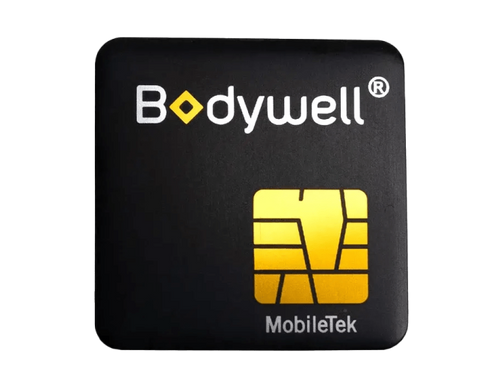
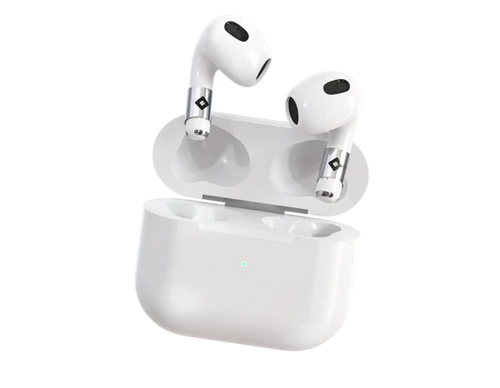
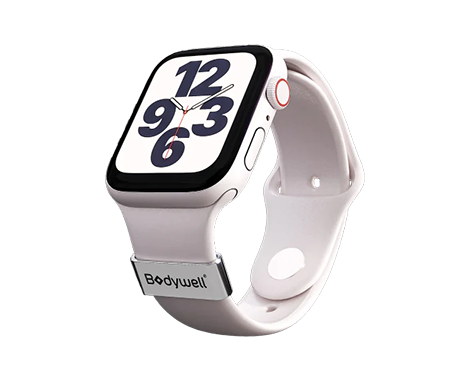







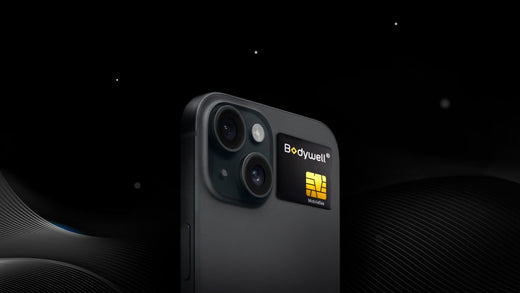

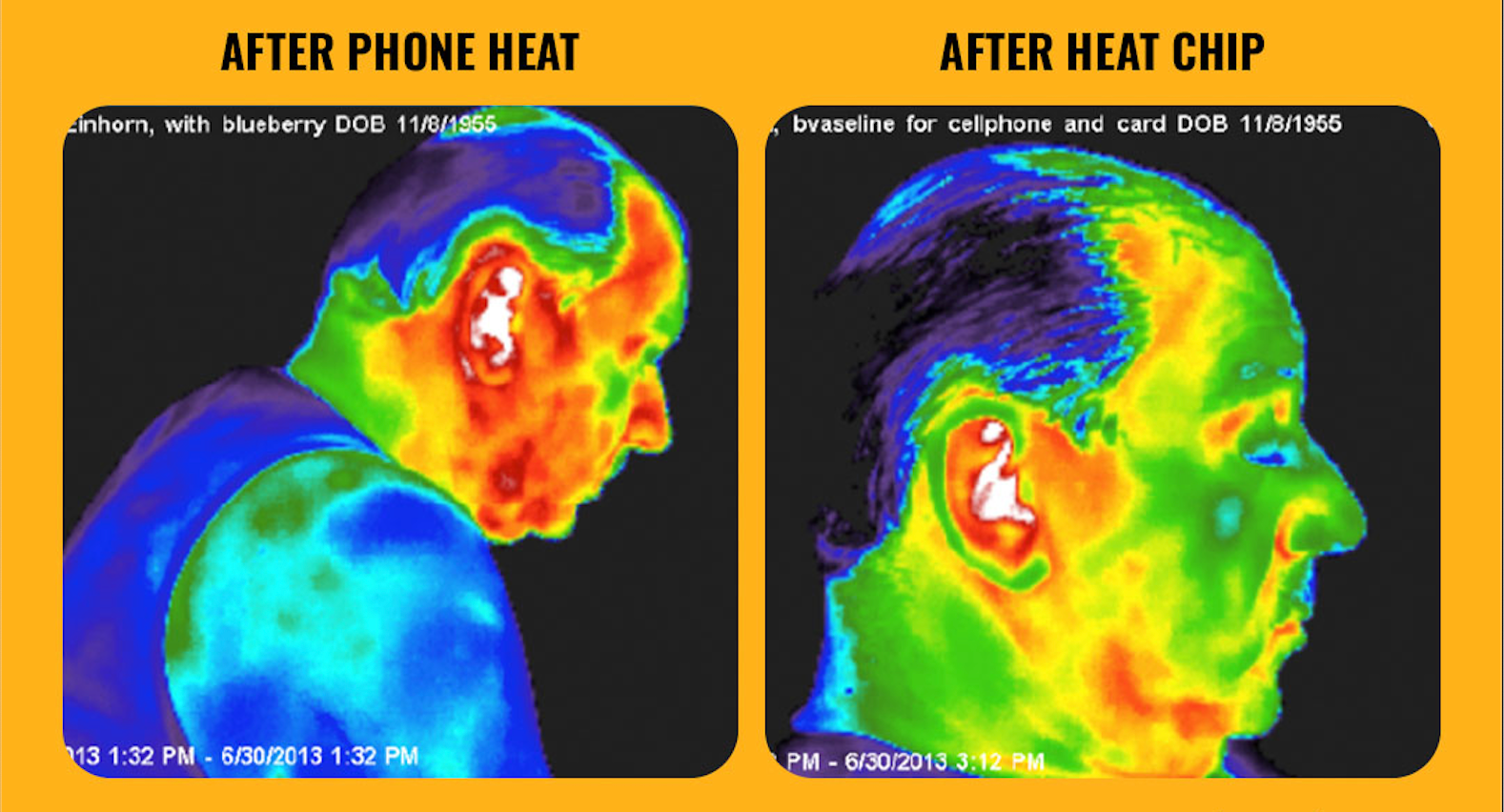

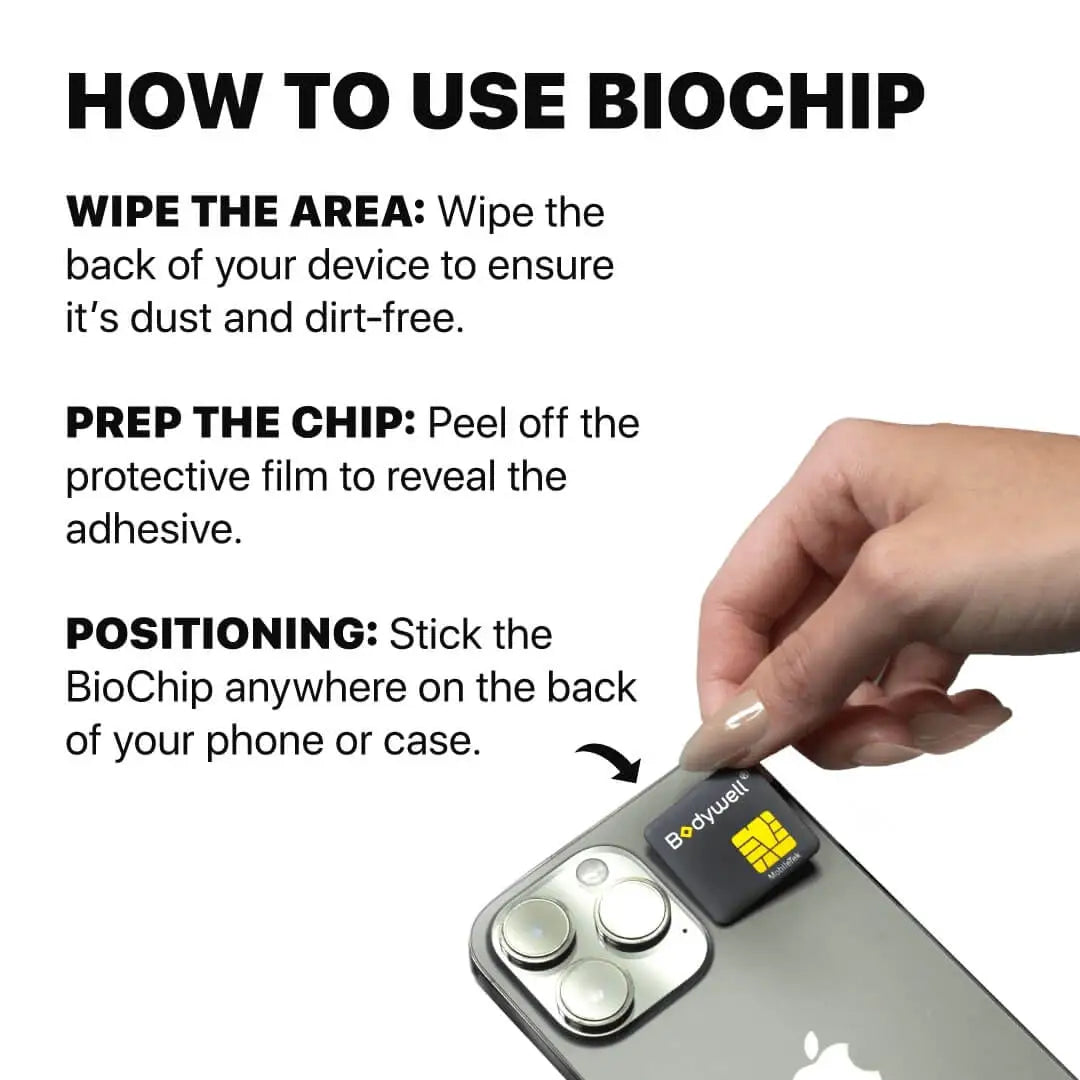
Leave a comment
This site is protected by hCaptcha and the hCaptcha Privacy Policy and Terms of Service apply.